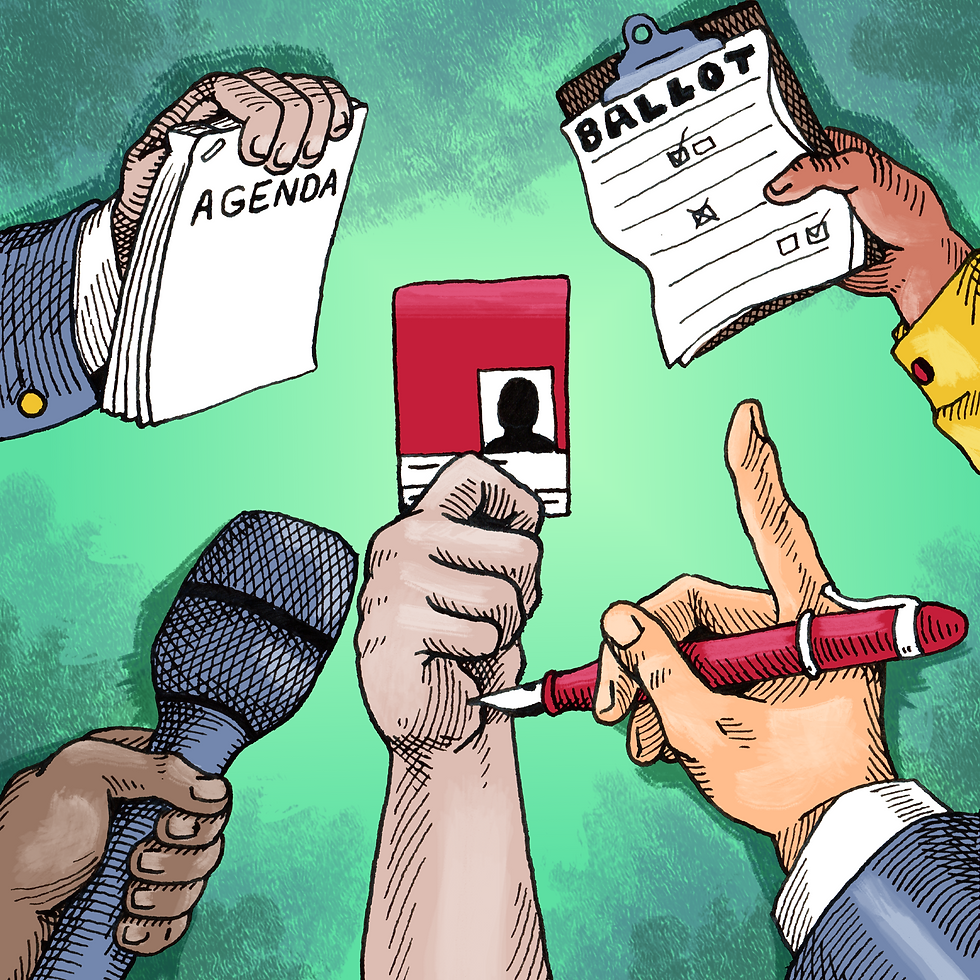Landreman responds to student criticism on spring reopening, move away from hybrid learning
- Collegian staff
- Nov 21, 2020
- 3 min read
Updated: Oct 22, 2021
Benjamin Snell
Staff writer
With campus closing down in preparation for winter break, many students are concerned about the rise of COVID-19 cases. Most students are now having to deal with the difficulties of remote learning and working in addition to the stress of the virus infecting more individuals country-wide. This tension has left many students to question whether or not Willamette has the capacity and resources to continue managing virus cases on campus, and whether or not staying open for spring semester is safe.
In an interview, Vice President of Student Affairs Lisa Landreman shared some of the university’s plans to keep students safe when they return for spring semester. When asked why she thought the university was under pressure from students, she said, “I know people have been disappointed that we haven’t had much robust testing on campus. Whether the climate might change, or that won’t be necessary, or perhaps there will be changes in the availability of tests… that is what has the potential to change. But right now, I feel really good about how, overall, students have responded. I know that students are growing weary of mitigation strategies, and I think that it’s right in time for folks to go home… and they’ll have some relief from that.”
Landreman feels confident in Willamette’s ability to handle the situation as a whole. When asked what kind of complaints she was receiving, she responded, "I think in many ways, we are trying to pick the best choice out of some not so great possibilities, and how we make the best out of it? How do we pull together and still salvage something." Landreman said one of the central conflicts Willamette was facing was finding a good compromise in terms of students and their desire to feel safe. Since then, the university has sent out surveys for students to fill out, allowing them to show the university what they may or may not be doing right. Landreman expanded on this point, saying “because [the university] is concerned about the toll that [the virus] is taking on peoples’ mental health, and their ability to socialize, and where do we balance that with the virus risk association, so… that’s kind of a dance we’re looking at.”
Regarding the switch from a hybrid class attendance system to a new one that offers solely remote or in-person classes, Landreman said there is little reason to be concerned. She said that although she wasn’t involved in this specific decision-making process, she is aware of students’ concerns surrounding the issue. She acknowledged that the hybrid system was quite a challenge for both students and staff members at the university, and said that a survey was sent out in search of student feedback. Landreman expressed that there was a bit of “wiggle room” to change aspects of the university’s learning system, reporting that she “think[s] it’s a good experiment” and that the university will “see how it goes, we have the ability to be nimble.”
Another major concern from students was the switch from a hybrid learning system (sometimes in-class, sometimes remote) to a fully remote system. Though on their website, Willamette states that there is potential for the university to resume fully remote learning, Sylvia Marr (‘21) shared that Willamette should expect pushback on this policy (regardless of how COVID-19 progresses). She highlighted Willamette students’ opinionated nature on policies, saying that “we are Willamette, after all.”
When students were asked whether or not Willamette was considered safe for reopening, the general consensus was that the responsibility is placed more on the students than it is on the university and its policies. Marr said in an interview that she believed holding people accountable to the policies in place was the key for a safe reopening. She said that aside from the university making sure these rules are followed, she wasn’t entirely sure what else they could be doing. “You know, just the same way we’ve tried to make sure that students follow alcohol policy. And whether they do or not is up to us.” Another student Enku Castellanos (‘21) shared a similar philosophy, saying that Willamette’s reopening “[won’t be] ideal, but you can’t prevent it, unless everyone went remote.”
Willamette has faced criticism for their policies, however. Towards the beginning of the semester, with the rise of smoke on campus and similar fears arising regarding safety, people generally thought the situation could have been handled better. Though Castellanos agreed with Landreman’s statement that the reopening of the school was necessary to ensure all students’ needs were met, she also added that there is definitely room for improvement regarding clarity of situations. She shared that outside of what would be expected from a university dealing with a global pandemic, policies from the university have been rather unintuitive and “vague… not truly helpful.”




Comments